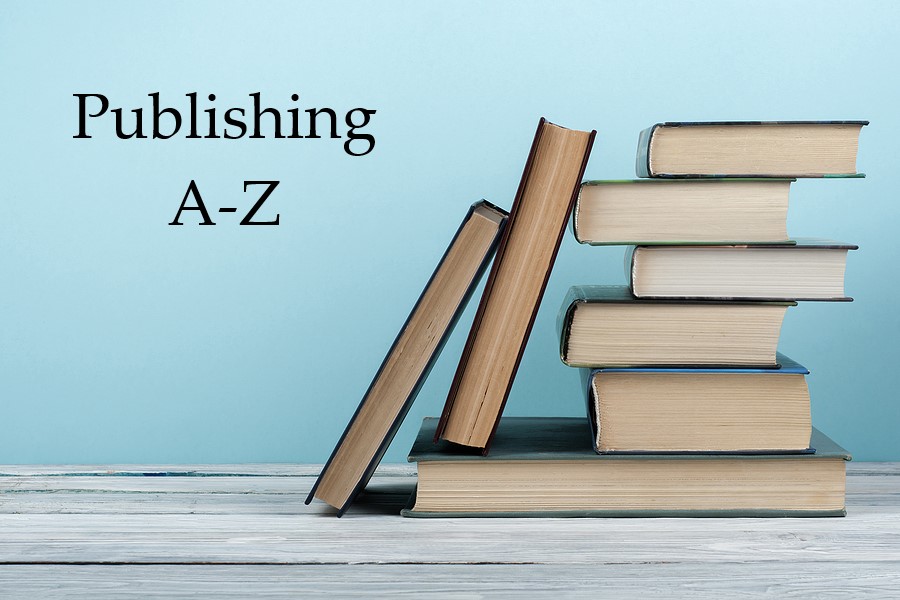In the past year, have you started reading a fiction or nonfiction book and did not finish it? I have. Many times.
There are a lot of reasons for this to happen. Here are a few examples.
Fiction:
I didn’t care about your characters.
The plot fizzled.
The story became ridiculous and unrealistic.
It was too easy to put down. Or, in other words, it was forgettable.
Nonfiction:
It became repetitive. I already got the point; why say it three or four different ways?
The conclusions were obvious, to the point of cliché.
The author lost focus and began to meander.
The whole book felt manufactured, as if it had been an assignment and not a passion.
What about you? Have you had a similar experience? Love to hear your comments below.
To be clear, I did not say, “The book made me mad because I disagreed with the author.” In fact, that is usually a good reason to finish a book, so you can craft your own response to a particular position. Instead, the small sampling of answers above are a reaction to poor writing craft.
As I’ve written before, every reader brings their own story to your book and thus creates their own new experience. But if the book is poorly written or poorly organized or long-winded, the reader is pulled out of the experience, the “critic cap” is put on, and the book is put down.
If your book breaks the trust of its readers, it will be hard to get them to read your next one. This is why agents and editors constantly discuss the value of a well-written story. Make those opening pages incredible, and then sustain that genius throughout the book. Let me give you one example (among many).
Years ago, at a writers conference, first pages were waiting for faculty to review upon arriving at the event. I sat in my room with a stack of pages to scan. While reading the opening chapter of an aspiring and unpublished novelist, I literally gasped. The craft was stunning. I met with her that weekend; and during the ensuing months, she worked hard to revise the rest of the manuscript a number of times before we took it to publishers. The book, Words by Ginny Yttrup, was published; and she received the Christy Award for Best New Writer. A few of those first pages can be found in the Look Inside feature on Amazon. It is interesting to note that the beginning pages you read in the finished book are exactly the same as the words I read that first day. Ginny crafted them so well they remain unchanged.
I finished reading her book.
Maybe yours will be next?
[An earlier version of this blog was posted on April 15, 2013. I still love Ginny’s writing!]











